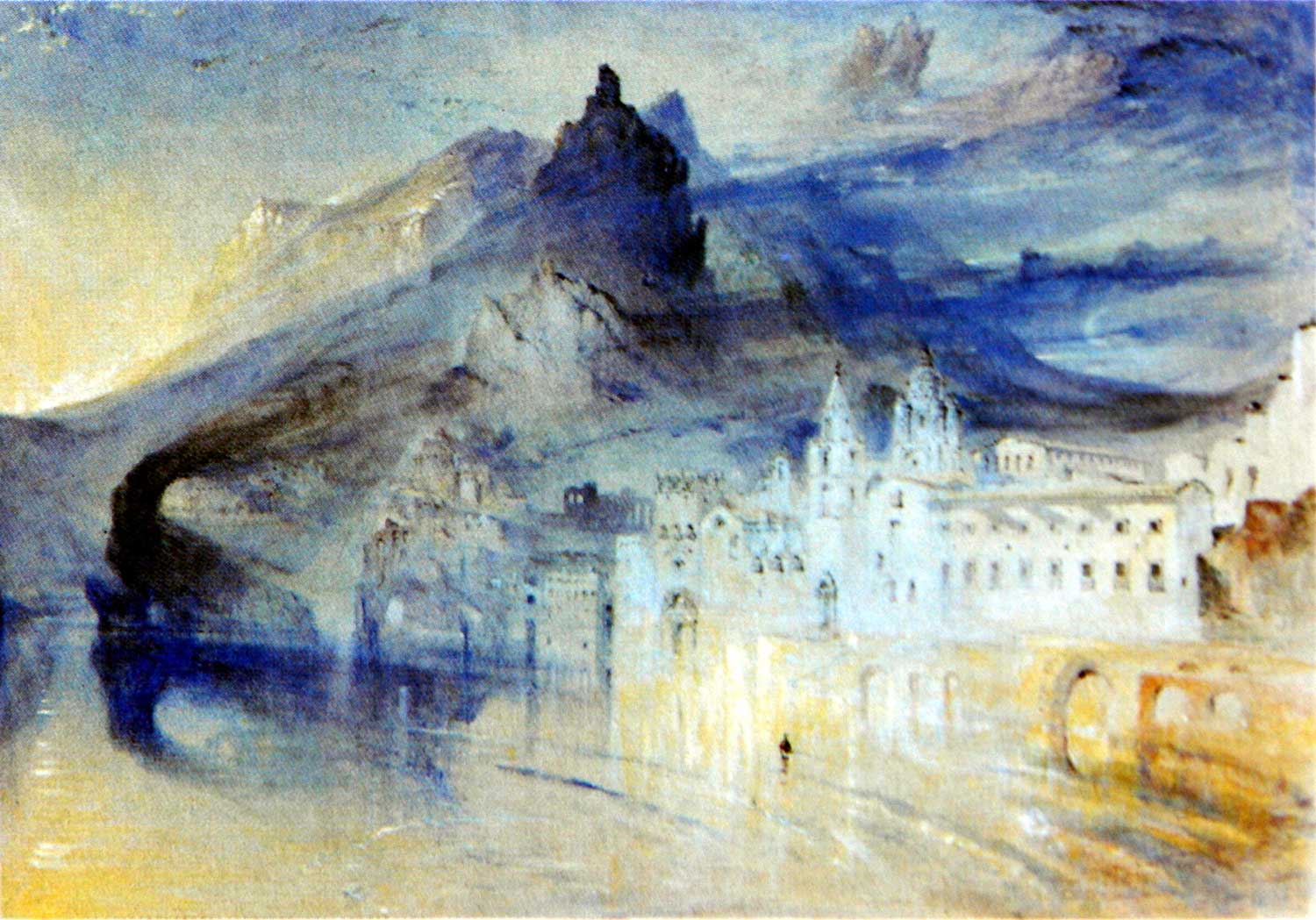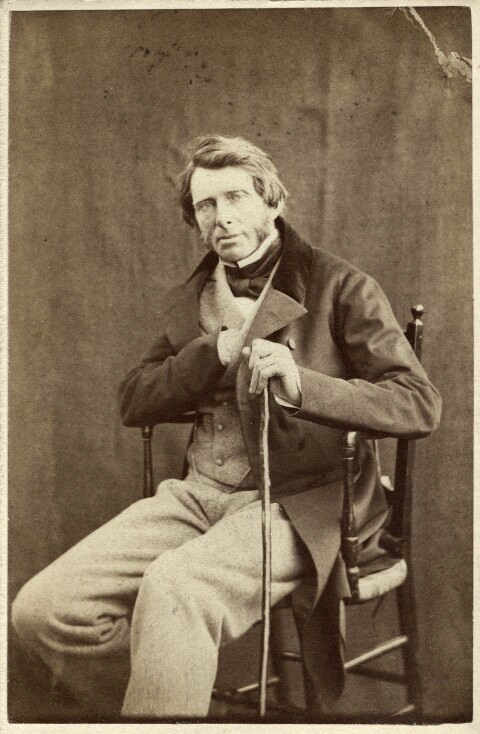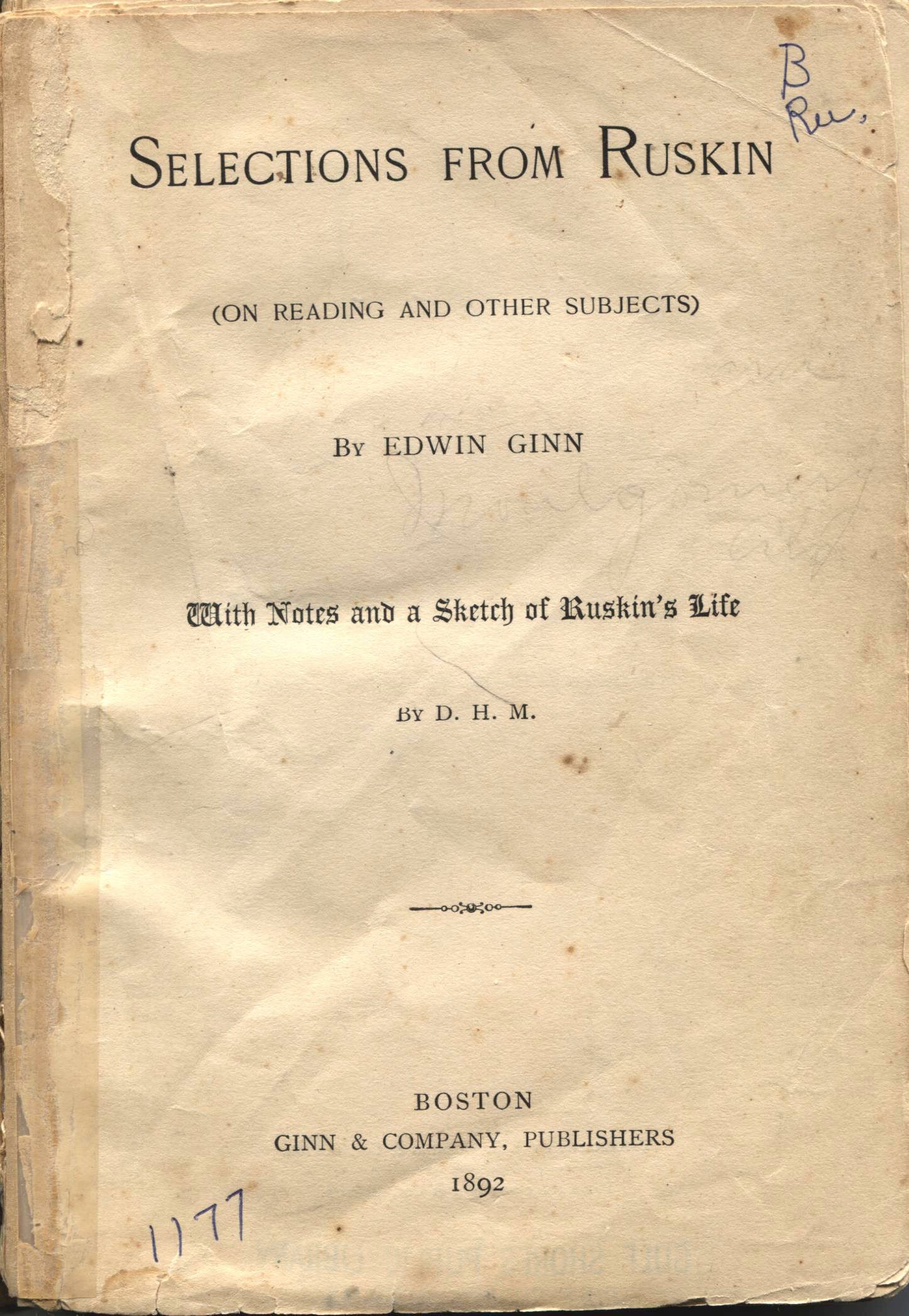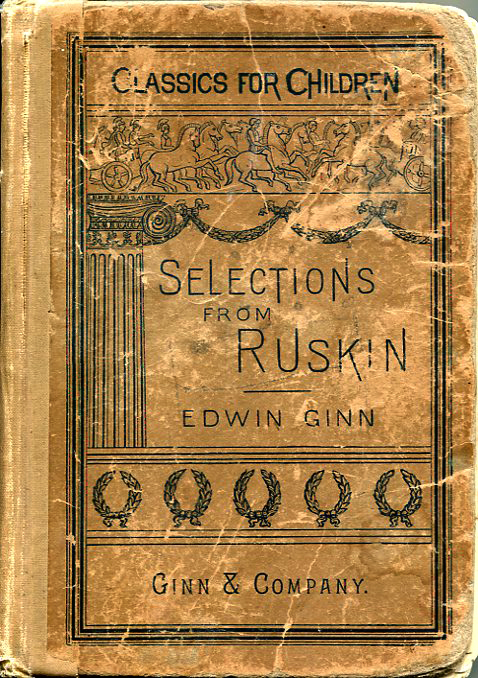#ruskin

#labor #ruskin
June 5, 2021
John Ruskin
He, John Ruskin, finds men, as he believes, slaves to machines, slaves to a heartless system of cut-throat competition, slaves to a joyless routine of mechanical labor, divided and subdivided until there are no entire workmen to be found, but only fractions, “so that all the little pieces of intelligence that is left in a man is not enough to make a pin, or a nail, but exhausts itself in making the point of a pin or the head of a nail.”
- D.H.M
From Selections from Ruskin. By Edwin Ginn; with notes and a sketch of Ruskin’s life by D.H.M.............................................................................

"Your fingers tingle when you go out on a frosty morning, and you are all the warmer afterwards; your limbs are weary with wholesome work, and lie down in the pleasanter rest; you are tired for a little while but having to wait for some promised good, and it is all the sweeter when it comes. But you cannot carry the trial past a certain point. Let the cold fasten on your hand in an extreme degree, and your fingers will moulder from their sockets. Fatigue yourself, but once, to utter exhaustion, and to the end of life you shall not recover the former vigor of your frame. Let the heart-sickness pass beyond a certain bitter point, and the heart loses its life forever."
- John Ruskin

#bookd #reading #ruskin
BOOK AND READING: SECOND LECTURE
Excerpt: "And now I must repeat one thing that I said in the last lecture: namely, that the first use of education was to enable us to consult with the wisest and the greatest men on all points of earnest dificulty. That to use books rightly, was to go to them for help: to appeal to them, when our knowledge and power of though failed; to be led by them into wider sight, purer conceptions than our own, and receive from them the united sentence of the judges and councils of all time, against our solitary and unstable opinion. "
- John Ruskin
"Reading is at the threshold of our inner life; it can lead us into that life but cannot constitute it.
There are nevertheless certain circumstances, pathological circumstances one might say, of spiritual depression, in which reading can become a sort of curative discipline entrusted with the task of continually leading a lazy spirit, by means of repeated excitations, back to an inner life. Books then play for the person in these circumstances a role analogous to that played by psychotherapists for certain neurasthenics. It is well known that in certain diseases of the nervous system, even if none of the organs themselves are affected, the sufferer is swallowed up in a kind of inability to will, as if trapped in a kind of deep rut and unable to pull himself out of it alone, where he would eventually waste away entirely if a strong helping hand were not held out to him. His brain, his legs, his stomach, his lungs are unharmed. He has no real incapacity that prevents him from working, walking, eating, being out in the cold, but he finds it impossible to will the various acts he is otherwise perfectly able to perform, and this inertia of the will would inevitably lead to an organic decay that ended up becoming the equivalent of the sickness he did not have unless the impulse he cannot find in himself comes to him from without, from a doctor who wills for him until the day when his various organic wills have little by little been rehabilitated. Now there are certain spirits we can compare to these sufferers, spirits whom a kind of laziness or frivolousness prevents from descending on their own into the deeper regions of themselves where true mental life begins. It is not that, once led there, they are unable to discover and exploit these true riches, but without such outside intervention they live on the surface, in a perpetual forgetting of themselves, a kind of passivity which makes them the plaything of every pleasure and reduces them to the stature of those who surround them, jostling them this way and that; like the gentleman who, having led the life of a highway brigand since childhood, no longer remembers the name he has long since ceased to bear, they will end by abolishing in themselves every feeling, every memory, of their inner nobility, unless an exterior impulse comes to forcibly reintroduce them into mental life, where they will suddenly recapture the power to think for themselves and to create."
Text: Marcel Proust, On Reading - Translator’s Preface to Sesame and Lilies by John Ruskin
Image: Journeys through Bookland - a new and original plan for reading applied to the world's best literature for children (1922)
#literature #book #reading #Proust #Ruskin #quotation #ideas




